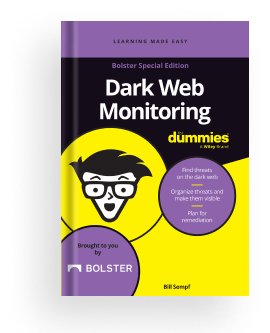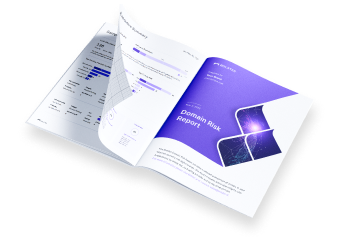In today’s digital landscape, DNS reports are fundamental tools. The security of our information and networks is of utmost importance, and a critical aspect of securing our networks is the Domain Name System (DNS). The DNS is like the phone book of the internet, translating domain names into IP addresses and directing traffic to the correct locations. It is a fundamental component of our online infrastructure and plays a crucial role in our day-to-day operations. As IT security and risk management professionals, it is our responsibility to ensure that our systems are secure, free of configuration errors, and protected against potential threats.
Why a DNS Report?
So, why is a DNS report important for IT security professionals? Let’s explore a few key reasons:
1. Identifying Misconfigurations: A comprehensive DNS report provides valuable insights into the health of our DNS infrastructure. It can identify misconfigurations, such as open DNS resolvers or incorrectly set up records, that could potentially expose our systems to vulnerabilities. By addressing these misconfigured settings, we can minimize the risk of unauthorized access or data breaches.
2. Detecting DNS Hijacking: DNS hijacking is a malicious activity where attackers redirect DNS traffic to malicious servers, potentially leading to phishing attacks or the interception of sensitive data. A DNS report can help detect signs of DNS hijacking by analyzing DNS response times, checking for unauthorized changes, and monitoring for unusual DNS activity. By proactively monitoring our DNS infrastructure, we can mitigate the risks associated with DNS hijacking.
3. Ensuring DNS Security Best Practices: A DNS report can assess our adherence to DNS security best practices and identify areas where improvements can be made. This includes ensuring that DNS servers are properly configured, DNSSEC (DNS Security Extensions) is implemented to protect against DNS spoofing and cache poisoning, and DNS traffic is encrypted using protocols such as DNS over HTTPS (DoH) or DNS over TLS (DoT). By following these best practices, we can enhance the security of our DNS infrastructure and reduce the likelihood of DNS-related attacks.
4. Monitoring DNS Performance: A DNS report can provide valuable insights into the performance of our DNS infrastructure, including response times, uptime, and latency. By monitoring DNS performance, we can identify any bottlenecks or issues that may impact the availability and reliability of our systems. This allows us to take proactive measures to optimize DNS performance and ensure the smooth operation of our networks. By regularly conducting a DNS report, IT security professionals can gain valuable insights into the performance and functionality of their DNS infrastructure. This proactive approach enables them to identify and address any potential issues before they impact the network’s operation.
Optimizing DNS performance is crucial for ensuring the smooth operation of networks. A DNS report provides a comprehensive analysis of the DNS configuration, highlighting any misconfigurations or vulnerabilities that may exist. Armed with this information, IT security professionals can take the necessary steps to rectify these issues and enhance the overall performance of their DNS.
5. Compliance and Audit Requirements: Many industries have specific compliance and audit requirements that organizations must adhere to. A DNS report can help demonstrate compliance with these requirements by providing evidence of proper DNS configuration, security measures, and monitoring practices. This can be invaluable when undergoing security audits or assessments.
DNS Report: Next Steps
In conclusion, DNS reports are essential tools for IT security and risk management professionals. They provide valuable insights into the configuration, security, and performance of our DNS infrastructure, helping us identify and address potential vulnerabilities and ensure compliance with industry standards. By leveraging the information provided by a DNS report, we can enhance the security and reliability of our networks, safeguarding our information and systems from potential threats. CheckPhish is the place to start for domain monitoring. Or contact Bolster for expert advice.






